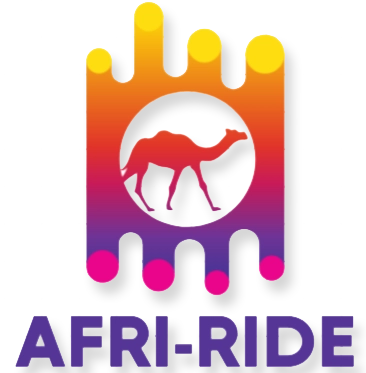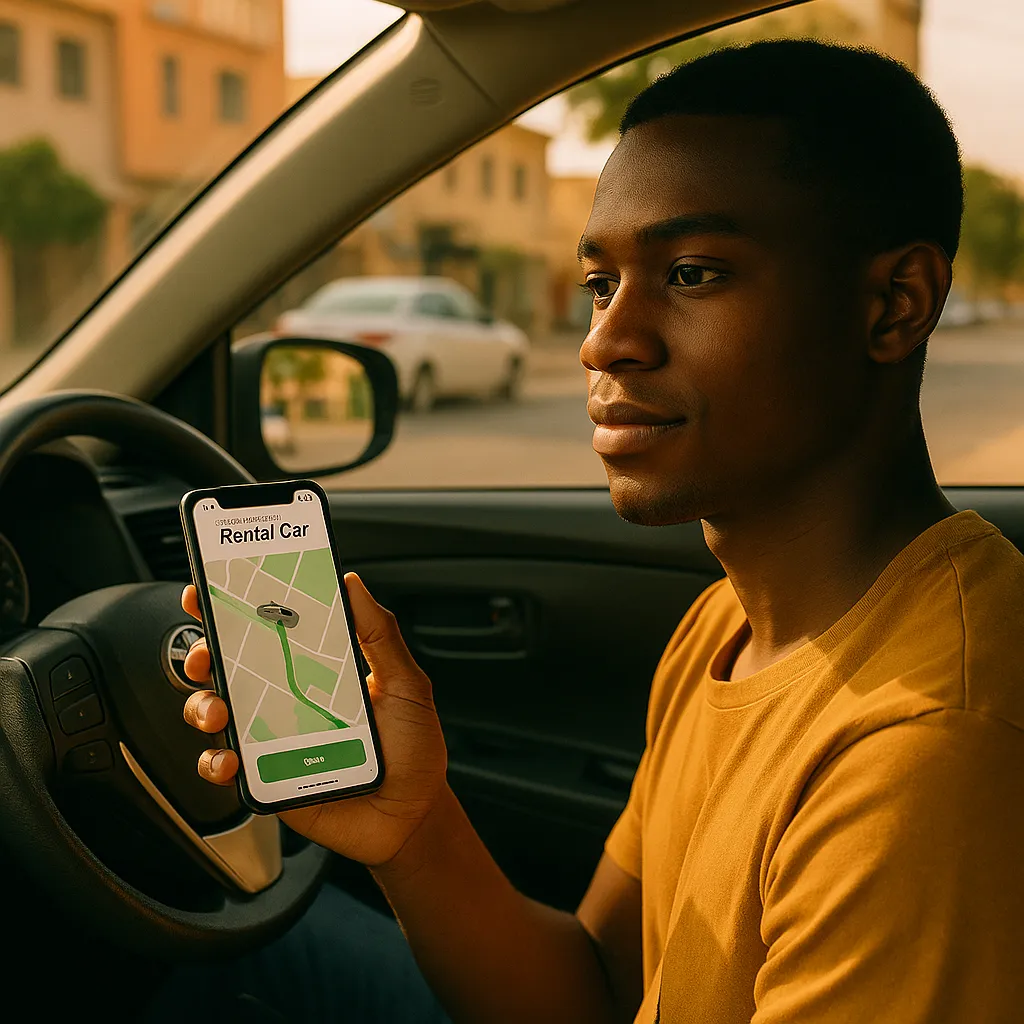Mobility is undergoing a transformation across Africa, and it’s happening fast. The old idea that car rentals are just for tourists is quickly becoming outdated. With the surge in digital platforms, mobile payments, and flexible service models, renting a car — even for a few hours — has become as simple as ordering lunch. From Nairobi to Lagos, on-demand rentals are helping people reclaim time, autonomy, and convenience, making transportation more intuitive and predictable than ever before.
Key Drivers Behind the Rental Market Shift
Africa’s short-term rental market has entered a new phase of maturity, driven by technology, peer-driven trust, and evolving urban needs.
Mobile-first booking experience
Digital apps are the new gateways. Most African rental platforms are optimized for smartphones — the continent’s most common internet access point. This has made renting accessible to more users, especially younger demographics. Now, it only takes a few taps to:
- Book a car instantly
- Pay online through secure channels
- Verify identity without ever stepping into an office
Peer-to-peer confidence is rising
Trust is a major factor — and platforms are taking it seriously. Verified profiles, community ratings, and built-in safety checks have encouraged more users to list their vehicles or rent directly from individuals. This shift reduces costs, removes middlemen, and boosts earnings for local owners.
Urban mobility needs flexibility
In many cities, traditional taxis and transit systems simply don’t fit the way people live and move. Short-term rentals offer what public transport can’t:
- Route freedom
- Schedule independence
- Travel comfort on your own terms
It’s this flexibility that appeals to both spontaneous travelers and city residents navigating daily life.
What Renters and Vehicle Owners Gain
Short-term rentals aren’t a one-sided win. Both renters and owners benefit from the ecosystem, creating a balanced, user-first model.
| Category | Benefits |
|---|---|
| For Travelers | 📍 Explore off-route destinations with ease |
| For Vehicle Owners | 💸 Passive income without a fixed driving schedule
🛠 Support with insurance, maintenance, and vehicle uptime from platforms
📊 Access to user data — usage hours, customer ratings, route history |
It’s no longer just about moving people. It’s about empowering local participation in a larger transport ecosystem.
Growth Trends and Market Insights
The numbers highlight a market not just evolving — but accelerating:
- The digital rental sector in Africa is valued at over $1.2 billion as of 2024.
- It’s expected to grow at 15–20% annually, driven by urban expansion and digital adoption.
- 40% of users are under the age of 35, highlighting demand among digitally native, mobile-first young people.
- In cities like Johannesburg, Lagos, Nairobi, Dar es Salaam, and Kinshasa, demand outpaces supply by 25–30% during peak seasons.
These figures show not only interest but also opportunity — for service providers, app developers, and even small fleet owners.
Digital Horizons: What Comes Next
The future of short-term transport in Africa leans heavily into frictionless tech and hyper-local mobility solutions. Here’s what’s already on the radar:
- E-wallet integration
Platforms are increasingly tied to systems like M-Pesa, Flutterwave, and Paystack, making payments secure and seamless. - Instant rental options
Forget key handovers. Some services now let users unlock and start vehicles with nothing more than a smartphone and ID verification. - Micro-mobility expansion
Beyond cars, platforms are branching into city-specific needs:- Electric scooters
- Mopeds
- Cargo bikes
These lightweight, short-range vehicles are perfect for dense city zones or last-mile delivery demands.
As digital infrastructure continues to evolve, expect rentals to go even more granular — down to 30-minute blocks or per-kilometer billing, all handled in-app.

